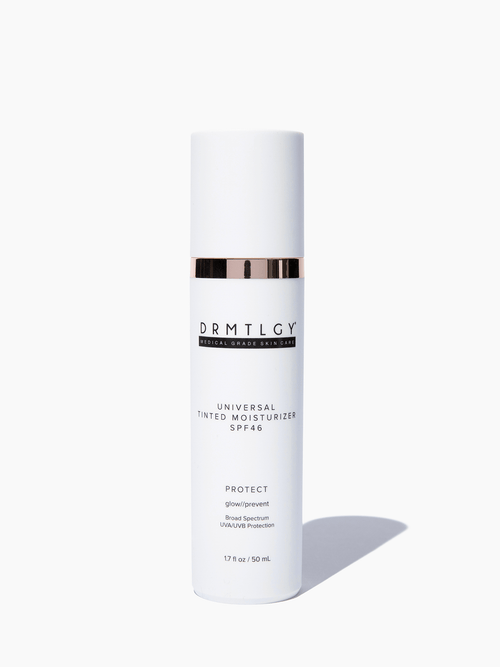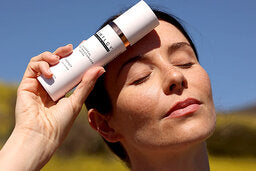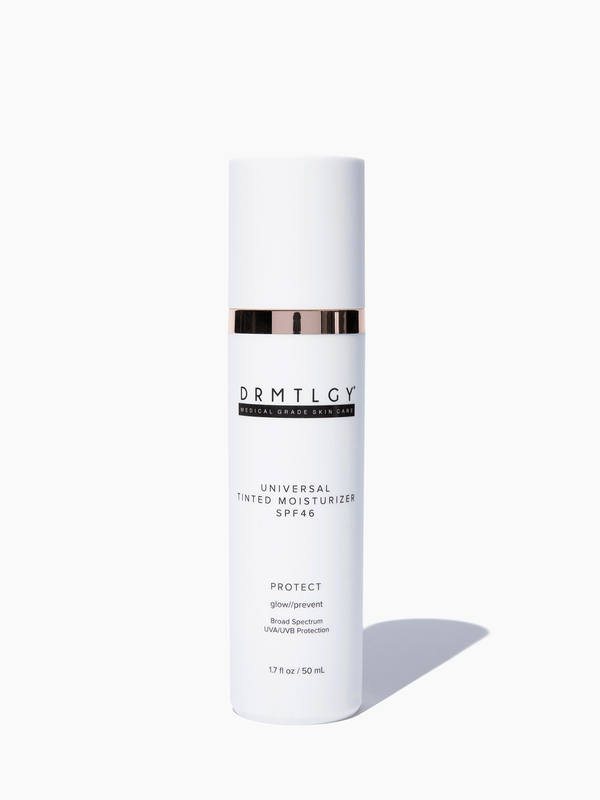Tips & Tricks
Does all skincare have to be kept in the fridge?
When it comes to skincare, there are countless products on the market claiming to work wonders for your skin. But one question that often arises is whether or not all skincare products need to be stored in the fridge. Let's delve into the science behind this common skincare myth.
Why Refrigerate Skincare Products?
Refrigerating skincare products can have certain benefits, especially for products that contain active ingredients like vitamin C or retinol. Keeping these products in a cool environment can help to prolong their shelf life and maintain their potency. Additionally, refrigeration can provide a soothing and refreshing sensation when applying certain products, which can be especially beneficial for reducing puffiness around the eyes.
Not All Skincare Needs Refrigeration
While refrigerating some skincare products can be beneficial, not all products require cold storage. In fact, some skincare products may actually be compromised if stored in the fridge. For example, oils and certain creams can solidify or become difficult to apply when kept at low temperatures. It's important to read the labels on your skincare products to determine the best storage conditions for each individual product.
Best Practices for Storing Skincare Products
For most skincare products, storing them in a cool, dry place away from direct sunlight is sufficient. This can help to maintain the integrity of the ingredients and prevent them from degrading. However, if you live in a particularly hot climate or your skincare products are exposed to high temperatures, refrigeration may be a good option to consider.
Ultimately, the decision to refrigerate your skincare products comes down to the specific ingredients in each product and your personal preferences. By understanding the science behind skincare storage, you can make informed decisions about how to best care for your skin.













